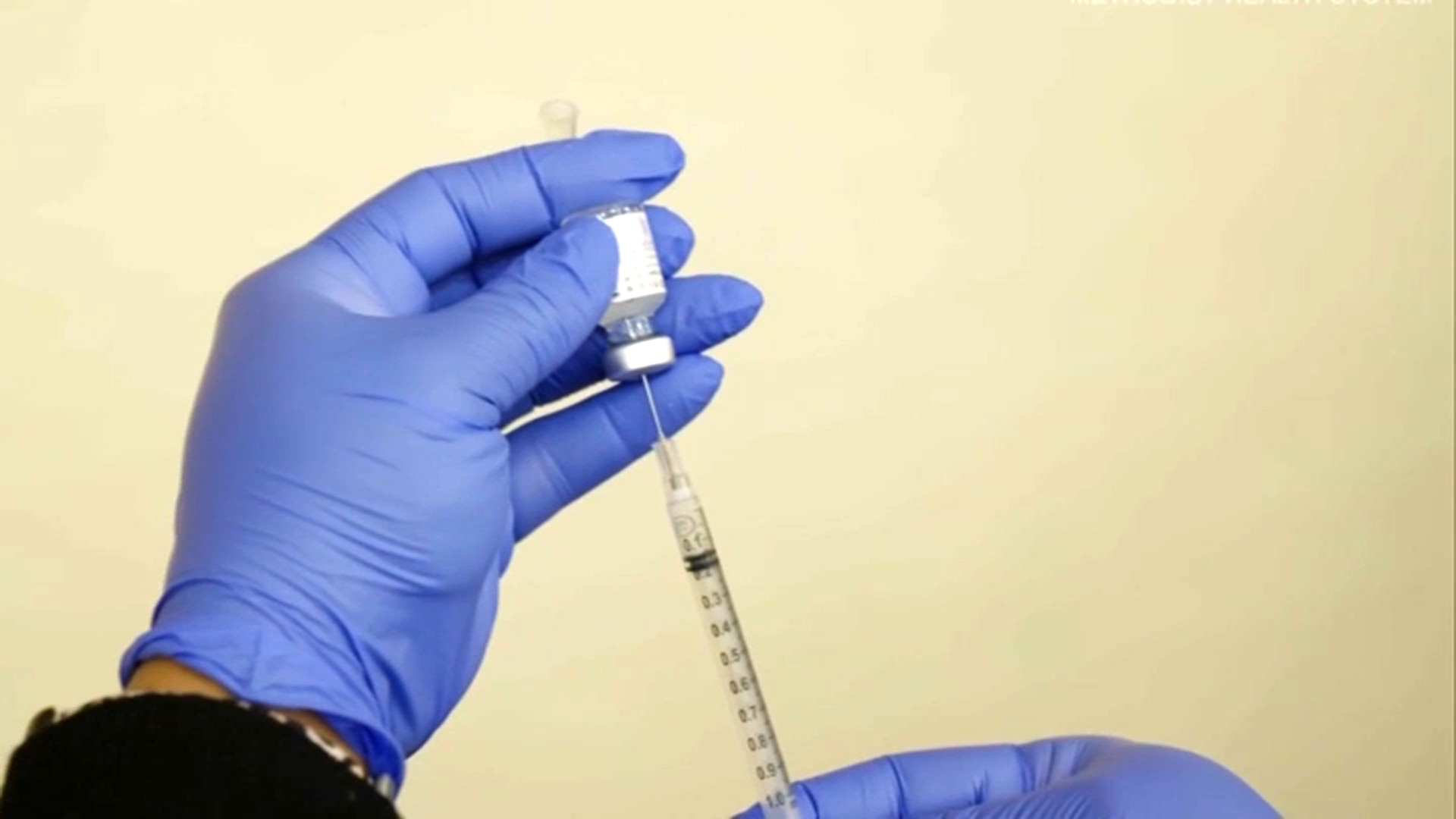Women use helmet-shaped ice caps to keep their hair from falling out during chemotherapy.
A woman's hair is one of her most identifying features. So, it makes sense that hair loss can be an emotionally devastating side effect of chemotherapy.
"When you lose your hai, you have to face yourself in a different manner. It's a stark reminder that you're going through cancer treatment," explained Dr. Joyce O'Shaughnessy,a medical oncologist at the Sammons Cancer Center at Baylor University Medical Center in Dallas.
Debbye Gregory is one of her patients. "It's who we are," she said. "Your hair makes you the person you. It identifies you as a woman."
Gregory was diagnosed with breast cancer last year and immediately she feared for her life and the loss of her long, brown hair. She'd seen cancer take both from her sister three years ago.
"Shock, disbelief," is how she described her reaction the day she got the news."I couldn't believe that I was gonna go down that journey my sister had to go through."
The Granbury woman didn't want to look sick and knew that would happen once she started losing her hair to chemotherapy.
Her doctor and another patient told her about a little-known treatment helping some women keep their long locks.
Local
The latest news from around North Texas.
It's called the Penguin Cold Cap. Gregory puts a helmet-shaped ice cap chilled to minus 22 degrees farheinheit on her head for seven hours as she sits and gets chemotherapy.
"When you first put it on, for the first minute, it's the worst. Once your head gets frozen, it's really pretty comfortable. I know it looks funny," she laughed as she sat in the treatment room wrapped inside an electric blanket.
And it takes a support team to use. Gregory's husband Lee and sister Jeanne Siegel help change the cap every 20 minutes, constantly checking the temperature to make sure it stays below zero. Gloves protect their hands as they move the caps from a cooler packed with dry ice and get them ready for Gregory.
"It's literally like putting your head in the freezer to really get the blood flow to stop to the scalp," explained Dr. O'Shaughnessy. "So then the chemotherapy doesn't really get to the scalp and the hair follicles.
"From a medical standpoint, I'm not worried about it," she went on. "Cancer rarely travels to the scalp anyway. It's very rare. So, I'm not at all worried that cooling the scalp would cause cancer re-occuring.""
Gregory ordered the caps online from a company in Michigan. She decided the rental fee of $500 a month for four months was worth it after talking to her doctor andseeing it work in other patients like Dana Barber.
"As I researched it, I found no reason not to do it," Barber said. "Adn they've made a huge difference in my recovery. I feel great, and I can exercise. I've been to the beach with the wind blowing through my hair, exercise classes and things I would not have done if I had to wear a wig."
"I think it does make it easier to go through this chemotherapy thing because you have your hair," echoed Dr. O'Shaughnessy. Still, she sees other concerns.Insurance does not cover the caps. They're not easily accessible. Plus, they don't help in all cases.
"One thing I wanna say is the cold cap only works for certain of our chemotherapy drugs. It doesn't work for this Adriamycin drug and that's a commonly used drug. So it only works for certain of our chemotherapy regimens and that's an important part."
The company that makes the cold cap says on its website that 80-percent of its users have had success.
Gregory found success, too. She left her last chemotherapy treatment with her long, brown hair still one of her most identifying features.
"It's grown probably two inches during all this," she smiled. "Women love their hair. It's a big part of who we are, and going through this being able to keep my hair, that's amazing."



